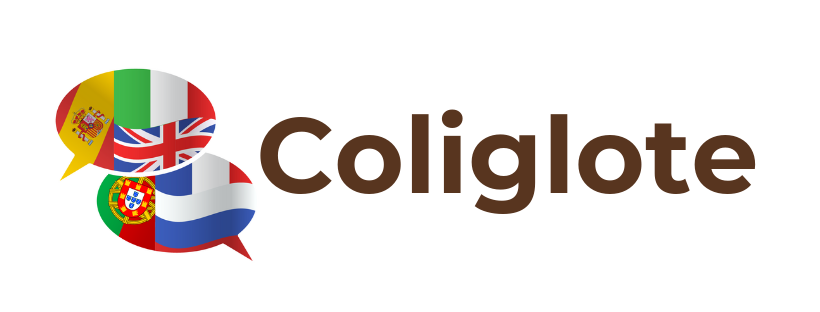If you love languages, learning a new language can be a way of enriching your culture and opening up to the customs and history of another part of the world, even if it is your neighbourhood language. Before you start learning a new language, however, you should be aware that there are some languages that may be easier to learn than others, and this is something to bear in mind if you want to make rapid and smooth progress. For this reason, we’re going to introduce you to some of the easiest languages to learn, so you can find out more about them as soon as possible.
1. The easiest languages to learn: Italian
If your mother tongue is French, one of the easiest languages for you to learn is Italian. Indeed, Italian has a lot of similarities with French, especially when it comes to Italian vocabulary words and sentence formation in this beautiful language. Italian is actually closer to French than to Spanish.
While Italian is easy to learn, the help of online courses can still be beneficial in helping you improve your speaking skills, as the Italian accent and pronunciation can sometimes be a problem for the French!
2. Spanish
As you may have guessed, Spanish is also one of the easiest languages to learn. First of all, it can be a language whose basics are not unknown to you, since it is offered to French students who wish to learn it from secondary school onwards.
If you have never studied Spanish before, don’t panic, you may soon be able to master this foreign language. As it is a Latin language, it has many similarities with French, which could make it easier for you to understand the vocabulary and conjugation of the language. It is also a language spoken in a large number of countries, both in Spain and in South America. If you like to travel, we can only recommend learning it!
3. English
English is also one of the languages that can be learned relatively quickly, especially since it is a language that is certainly not unknown to you. It’s simple, English is everywhere! In your favourite films and TV series, on the Internet… And even at school, where English is the first foreign language taught, from primary school to high school.
It is true, nevertheless, that English is not a Latin language but a Germanic language, which could make it somewhat more difficult to learn. Despite this, English conjugation and grammar are very simple, since the language does not require the learning of declensions as is the case with German, and there are no rules for the masculine or feminine. The only thing you have to learn by heart is irregular verbs!
4. Swedish
Although it may seem surprising, Swedish is also one of those languages that you should have little trouble learning, especially if you have a good command of English. If you want to learn a language that is out of the ordinary, and Latin and Romance languages do not appeal to you, Swedish might be the ideal option. Although this language requires you to learn new letters of the Swedish alphabet, it has no declensions and only two genders, much like English.
5. Portuguese
If you already speak Spanish, you will need to learn Portuguese to be able to explore South America in the native language of its inhabitants! The language is very similar to Spanish, although the pronunciation of Portuguese may be less obvious. By choosing a Portuguese course with a qualified teacher, you can still make rapid progress, even with your pronunciation. Brazilian pronunciation is easier to learn than the Portuguese spoken in Europe!
6. Indonesian
Yes, Indonesian is not as complex a language as it seems – quite the contrary! If you’re dreaming of an oriental immersion, Indonesian might be a much more obvious choice than Mandarin, a relatively complex language to learn. Moreover, Indonesian is the first language of the 4th most populated country in the world, which makes it an important language, and one that might make you want to travel to Asia. Unlike Japanese, Indian or Mandarin, Indonesian uses the Latin alphabet, and the language does not require the use of tones either. Conjugation is relatively simple and you will quickly adopt the Indonesian pronunciation after only a few weeks of revision.
Article written by Preply, online language learning platform, in partner

